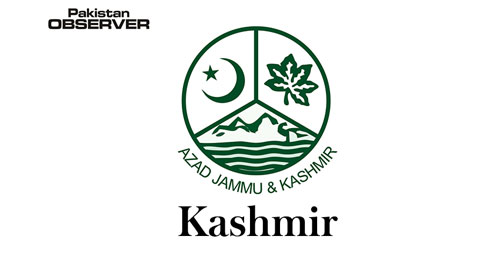THE raid at the residences of four Kashmiri journal-ists in the wee hours of September 9 might be seen as a jolt to the fourth pillar of democracy elsewhere in the world. In a conflict-torn Kashmir, however, it is the new normal that the journalistic fraternity is facing after the government of India took direct control of the former state, following the reading down of its special status on August 5, 2019.
In the past two years, more than 20 journalists in Kashmir have either been called for a background check, summoned or raided; they are being forced to present themselves to explain their stories, social media conduct and other societal behaviour.
According to sources, the police department has created various sections that are currently monitor-ing and profiling Kashmir-based journalists, most of whom work for either national or international me-dia outlets.
Sources said that one such section, called “Dial 100”, works on the “background updation” of jour-nalists, which includes verifying their entire profes-sional career in the media, including their body of work, family relations, foreign travels and so on.
This section is mostly looked after by the Criminal Investigation Department (CID), to whose branches in their respective police stations journal-ists are called for verification.
“In the background updation [process], a phone call goes out to journalists where they are either asked to visit the CID branch in the police station of their area or the investigative officer asks them to meet at a neutral place to collect their details,” a source familiar with the process said.
Sources said the other wing of the investigation is called the “Ecosystem of Narrative Terrorism” in which, apart from journalists, the profiling of human rights activists, civil society, lawyers, academics and other associated people, is being carried out.
Sources said that, in this investigation, officials largely focus on the body of work of the people related to their respective field.
“Here the officials minutely check the body of work of the particular individual. Like in [case of] lawyers, the investigative officer checks the kind of cases they take up. Similarly, in journalists’ [cases], an officer checks the stories they are doing,” the source said.
“After the investigation is complete, the cases are then being sent to the higher authority to take a call on them.”
Some of the senior journalists who were sum-moned post-August 5, 2019, include Hindu corre-spondent Peerzada Ashiq, the Economic Times correspondent Hakeem Irfan, Basharat Masood of the Indian Express and Outlook correspondent Naseer Ganai, among others.
Most of these journalists were questioned about their stories and social media activities.
The authorities have also prepared a look out circular list on the basis of which journalists, human right activists and academicians are being barred from travelling outside India.
As per sources, there are more than 43 people on the look out circular list who are not allowed to travel abroad following their “adverse report” from the different agencies. Sources said that, out of 43 people on the list, around 22 are from the journalistic fraternity.
“Most of these journalists are working for in-ternational organisations. And there is a fear that allowing them to travel abroad can dent the image of the Union government in international media,” sources said.
Post August, 2019, two senior journalists Gow-har Geelani and Zahid Rafiq were barred from trav-elling abroad.
In September, 2019, Geelani was supposed to travel to Germany to rejoin media organisation Deutsche Welle.
However, Geelani was detained at the Indira Gandhi International Airport based on a request by the Intelligence Bureau (IB).—KMS










